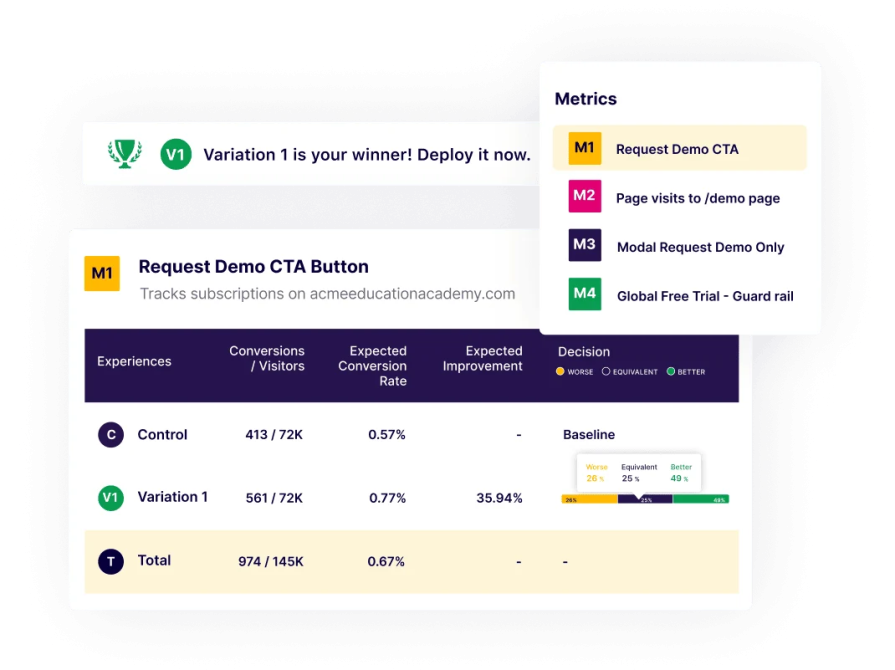
"UX design is about problem-solving, blending psychology, creativity, and systematic thinking to design user experiences that meet human needs."
"While creativity is essential, over-reliance on data can overshadow the human aspect of UX, sidelining creative solutions and focusing too much on short-term metrics."
UX design transcends creative aesthetics, centering on problem-solving through understanding users' needs, behaviors, and motivations. It combines psychology, creativity, and systematic thinking. Effective UX design requires extensive user research, including interviews, data synthesis, and mapping user journeys. Recently, increased reliance on data tools like Google Analytics has emerged, allowing easier tracking of user behavior. However, prioritizing metrics can jeopardize creativity and human-centric approaches, limiting the exploration of in-depth insights that enhance user experience design.
Read at LogRocket Blog
Unable to calculate read time
Collection
[
|
...
]